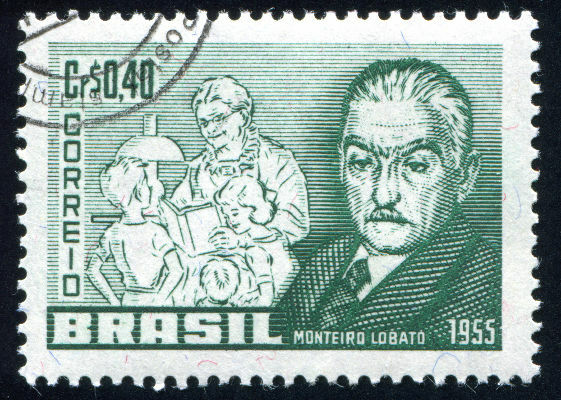PORTUGUESE LANGUAGE
Last flower of Lazio, uncultivated and beautiful,
You are, at the same time, splendor and grave:
Native gold, which in impure denim
The crude mine among the gravel sails...
I love like that, unknown and obscure,
Loud tuba, simple lyre,
That you have the trumpet and the hiss of the storm
And the list of nostalgia and tenderness!
I love your wild freshness and your aroma
Of virgin jungles and the wide ocean!
I love thee, O rude and painful language,
In which from the maternal voice I heard: "my son!"
And when Camões wept, in bitter exile,
The blissless genius and the lackluster love!
olavo bilac
Olavo Bilac's poem is a sonnet, but it could well be an ode to the Portuguese language. This “last flower of Lazio, uncultivated and beautiful”, expanded its domains when the Portuguese launched themselves into the sea during the period of the Grande Navegações, and the rest of history is well known. They colonized these sides of the Atlantic and left Brazilians with their greatest cultural heritage: the language.
THE Portuguese language is the official language of eight countries. It's not much, especially when compared to the domains of the English language, but it makes our language the eighth most spoken in the world. There are those who complain about the foreignisms, a phenomenon that proves the dynamism and organicity of language, but most of us do not know that Portuguese is also present in other languages, even if in a timid way. To give you an idea, did you know that Portuguese lent words even to Japanese? That's right, it's true, and history explains this story very well.
How about knowing some words of Portuguese origin “infiltrated” in English, Spanish and Japanese? See the list and be surprised:
English words of Portuguese origin:
Zebra;
fetish (from the word spell);
Mosquito;
balcony (from the word balcony);
Spanish words of Portuguese origin:
Baroque;
Speedboat;
Raft;
Mimoso;
Boring;
Caramel;
Oyster.
Japanese words of Portuguese origin:
イギリス・英吉利 (pronouncedigirisu): English
ビードロ(pronouncedbiidor): glass
パン・麺麭・麪包(pronounced pan): bread
Did you see? Words of Portuguese origin have gone a long way, they even ended up in Japan! This proves that no language is static, closed in on itself. Languages are alive and are constantly being influenced by others, and we, the speakers, determine what remains and what falls into oblivion. Only foreignisms that fall in popular taste are perpetuated, and some adapt so well in a another culture that we barely realize its true origin, see the morphological transformations and prosodic. So don't be afraid, language loans cannot put any language at risk.
By Luana Castro
Graduated in Letters
Source: Brazil School - https://brasilescola.uol.com.br/gramatica/em-outras-linguas-palavras-origem-portuguesa.htm



